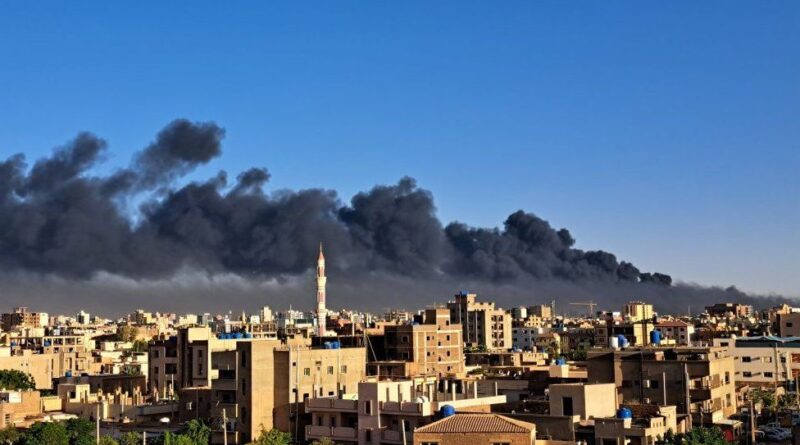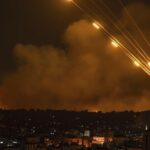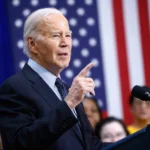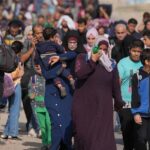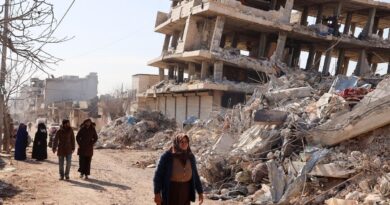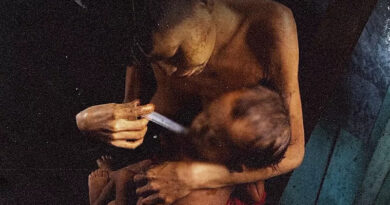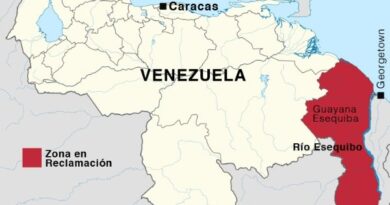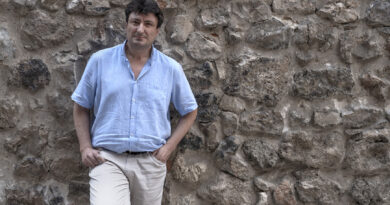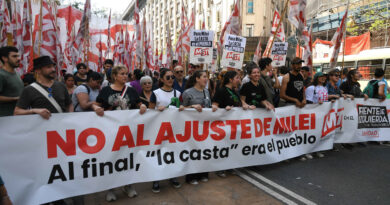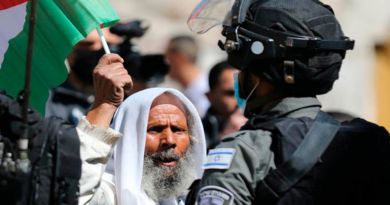The Sudan war and foreign interference
EUGENIO GARCIA GASCON
The war that broke out on April 15, due to a conflict of egos, could be complicated if the generals leading the two sides, Abdel Fattah al Burhan, supreme commander of the army, and Muhammad Hamdan Dagalo, Hemedti, head of the Rapid Support Forces (FAR) -a powerful paramilitary formation not integrated into the army- gather the support they are looking for in other countries in the area and what until now is a local conflict turns into another of a regional nature.
Burhan and Hemedti have been friends for years, a relationship that has changed due to his growing ambition. The former aspires to integrate the FAR into the army and be the country's chief executive without discussion, and the latter also wants to hold all power. In this situation, the two comrades are throwing flowers at each other: Burhan describes his enemy as a "rebel", while Hemedti calls him a "radical Islamist", a "liar", a "criminal" and a "coup plotter".
The reality is that neither of them has done anything to promote the democracy that both claim to seek for the 45 million inhabitants of Sudan. While the West insists that power must pass as soon as possible into the hands of civilians who consolidate a democracy, the two generals do not agree on the role that the army and the FAR, the two military institutions that control the country, should play in the future. lion's share of the Sudanese economy.
Africa is a large plot of land that is greedily pursued by powers that want to make the continent a zone of influence for their foreign policy and economy. Russia has interests, so does China, so does Israel, and so do other Arab powers, each with their own ambitions. The United States, which had withdrawn from the continent, is giving lukewarm signs of wanting to return, although without a resolute attitude, which its enemies interpret as a sign of weakness.
It is early to know the course that Sudan will take in the future, and early to know what attitude the different powers will adopt. In a first of its kind report, The Wall Street Journal noted on April 19 that Libyan warlord Khaled Haftar, who also has US nationality, sent a first plane carrying ammunition and assorted military hardware to Hemedti.
Analysts indicate that he most likely did it in a personal capacity, since Hemedti had helped Haftar in the past with the same coin, but it should not be forgotten that behind Haftar are the United Arab Emirates and Saudi Arabia, and that Hemedti sent up to 40.000 Sudanese troops to fight the Yemeni war on the side of the Emiratis and Saudis.
Another country among the first to get involved has been Egypt, which has done so by siding with Burhan. As in the case of Haftar, it is also not clear if there are major powers behind this movement or if President Abdel Fattah al Sisi is acting on his own initiative.
A close adviser to Hemedti was quick to give an interview to an Israeli television channel accusing Burhan of being an Islamist extremist, but the Hebrew foreign ministry released a brief statement without publicly taking sides with either of the contenders, who have called for the normalization of relations with the Jewish state. On April 20, Israeli officials were quoted by the Hebrew media as saying that Tel Aviv is “in contact” with the two generals and willing to mediate between them.
Although it is true that Burhan has a military that has been signified from a more or less Islamist point of view, that has not prevented countries like Saudi Arabia and the United Arab Emirates, which have developed a natural allergy that Islamism immediately detects, from supported Burhan since the revolts of 2019. Those two Arab countries are currently playing both cards, waiting to see how events evolve.
The 2019 revolts dethroned Omar al Bashir and united the two generals who are today rivals and vying for power. The two have slowed down the democratic process and have been accused of genocide in Darfur and the death of 120 protesters in June 2019.
Hemedti's critics say he is getting rich mining gold with the backing of Russian adventurers, and accuse him of facilitating the opening of a Russian naval base in the Red Sea. It is a fact that on the same day that the Russian forces entered Ukraine, Hemedti visited Moscow to meet with Minister Sergei Lavrov. Apparently, always according to his detractors, Hemedti has collaborated with the Russian Wagner militias in several African countries, an extreme that he denies.
A recent indication that the US wants to make up for lost time came in October 2021, when it intervened to forge a pact towards democracy in Sudan, according to Washington. Burhan and Hemedti accepted this mediation, but only five hours after finishing the meeting with the US representatives, the two generals removed from power the civilian leader who was supposed to lead the country to democracy.
The Sudanese war commands the attention of virtually every power currently involved in Africa. If the crisis is resolved quickly, the reordering of foreign influences will not stray too far from the current situation, but if the war drags on it will see a deeper reordering that may clarify the US role on the continent.

